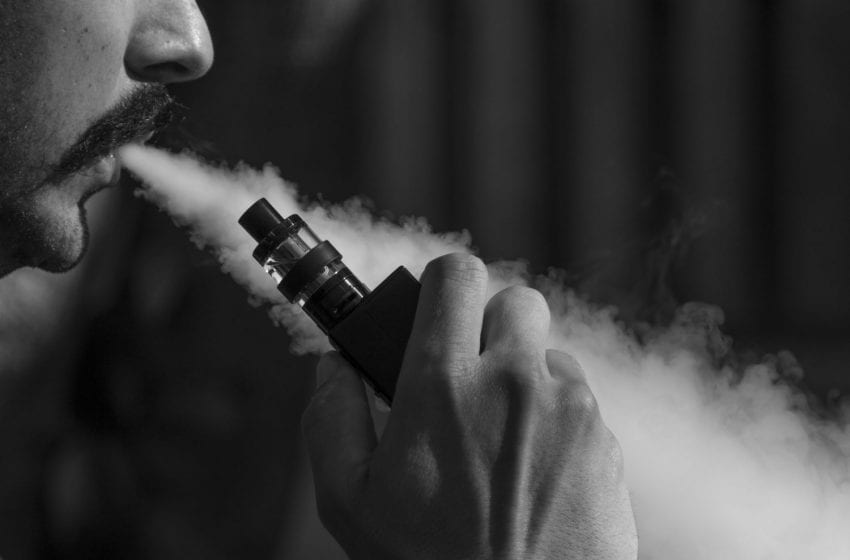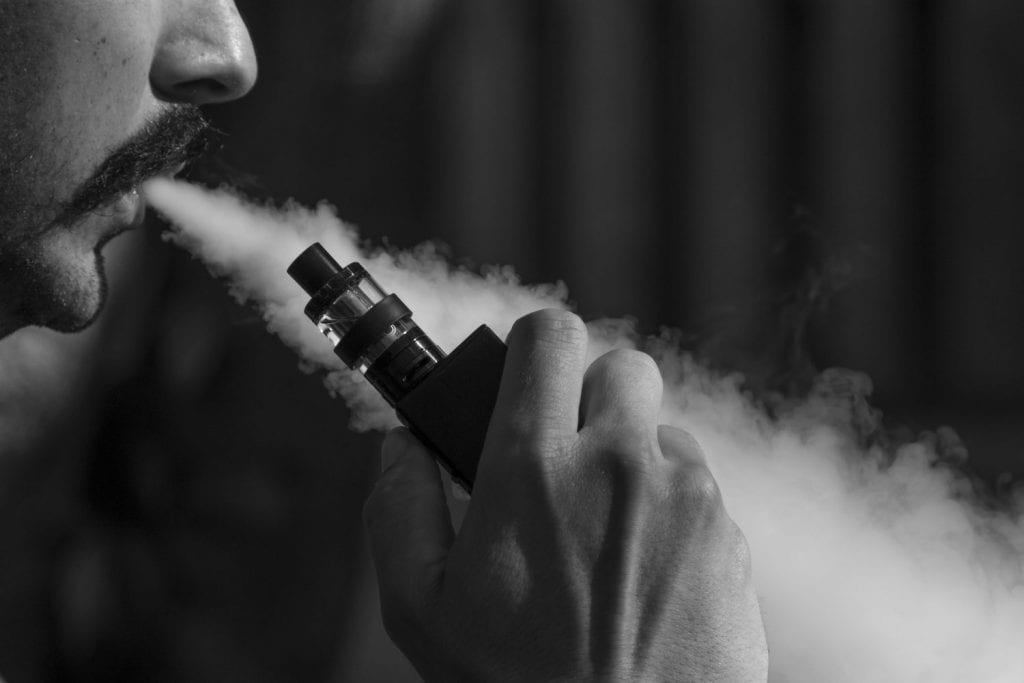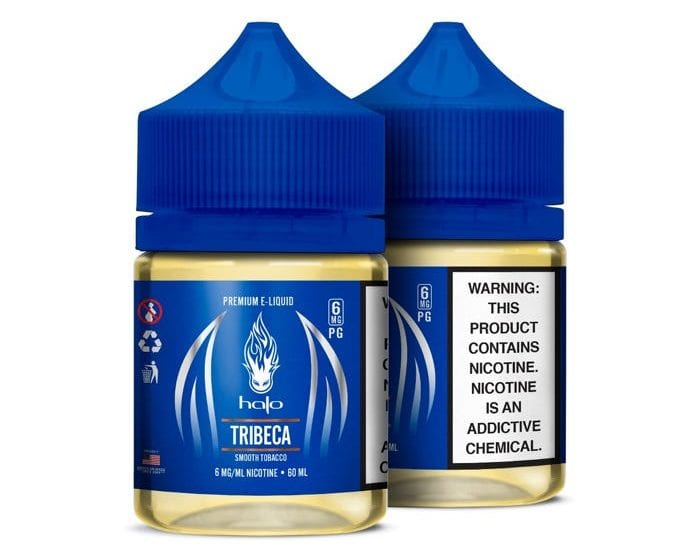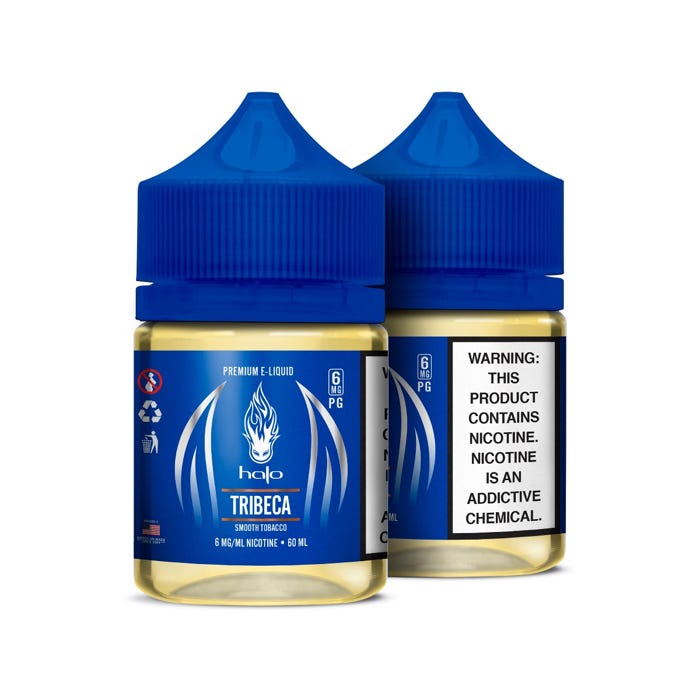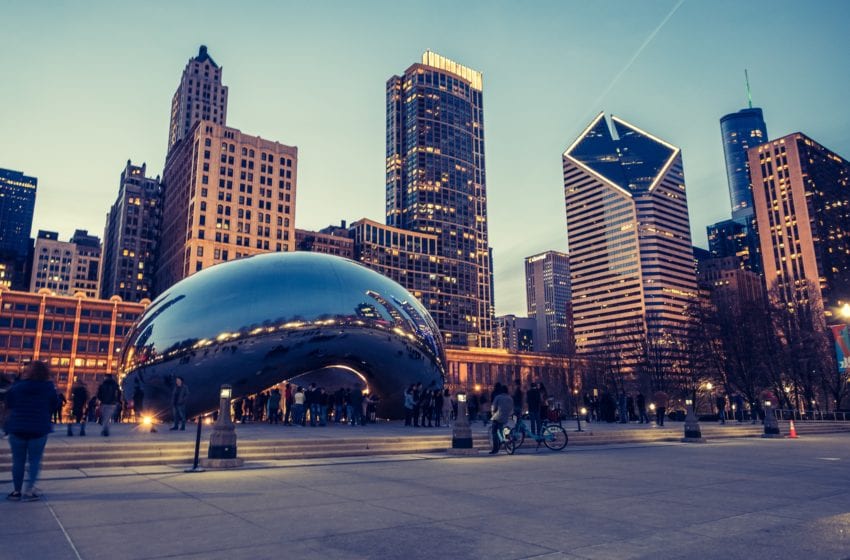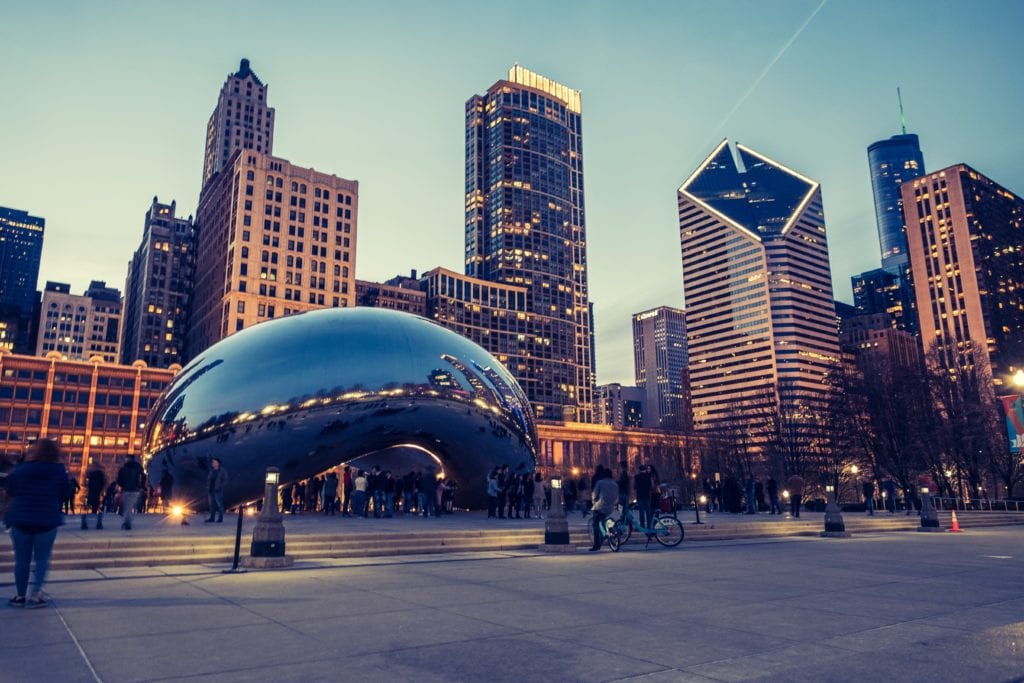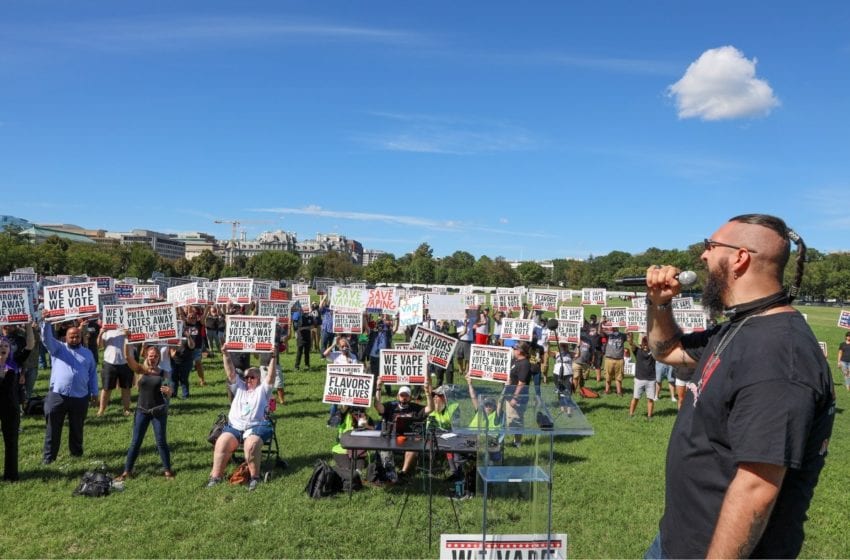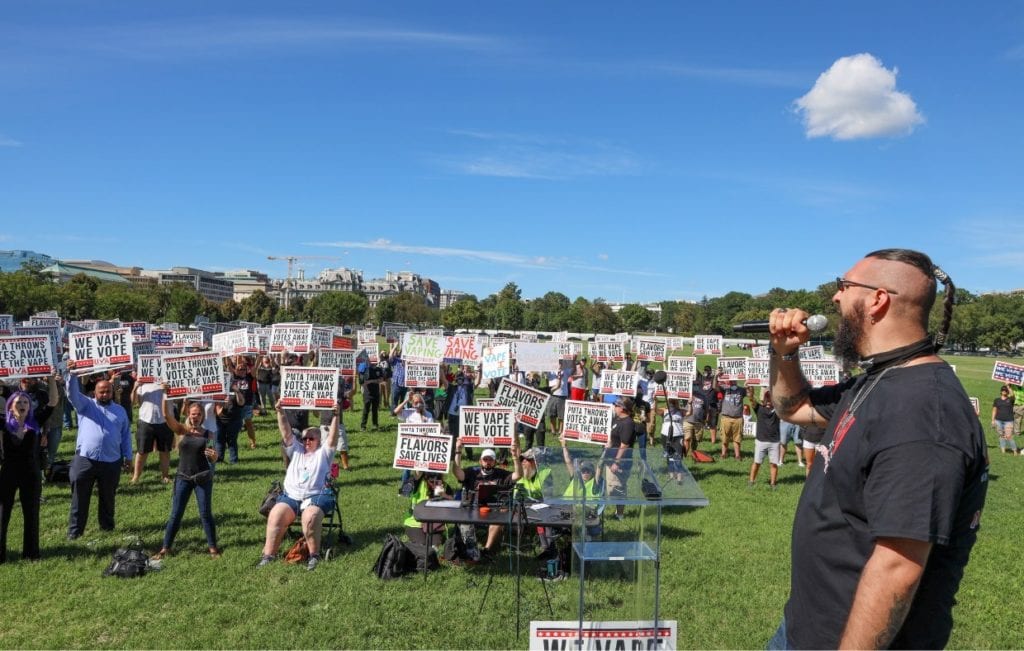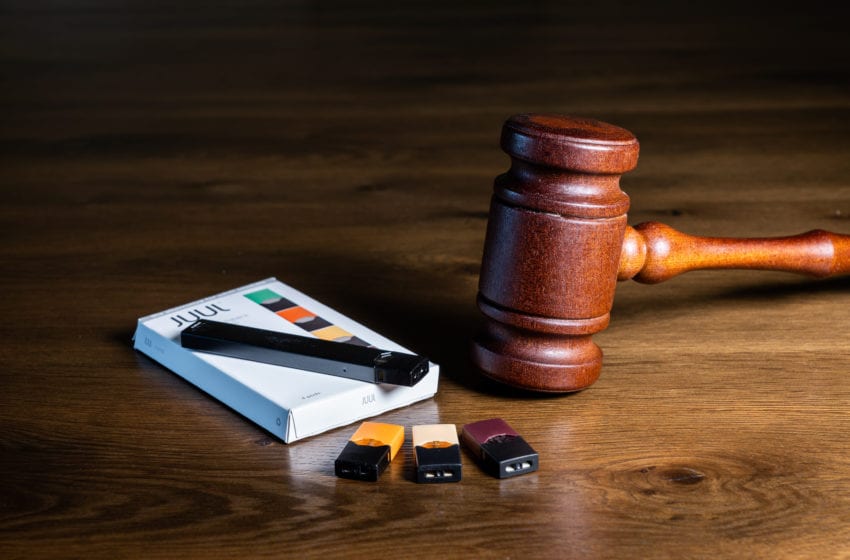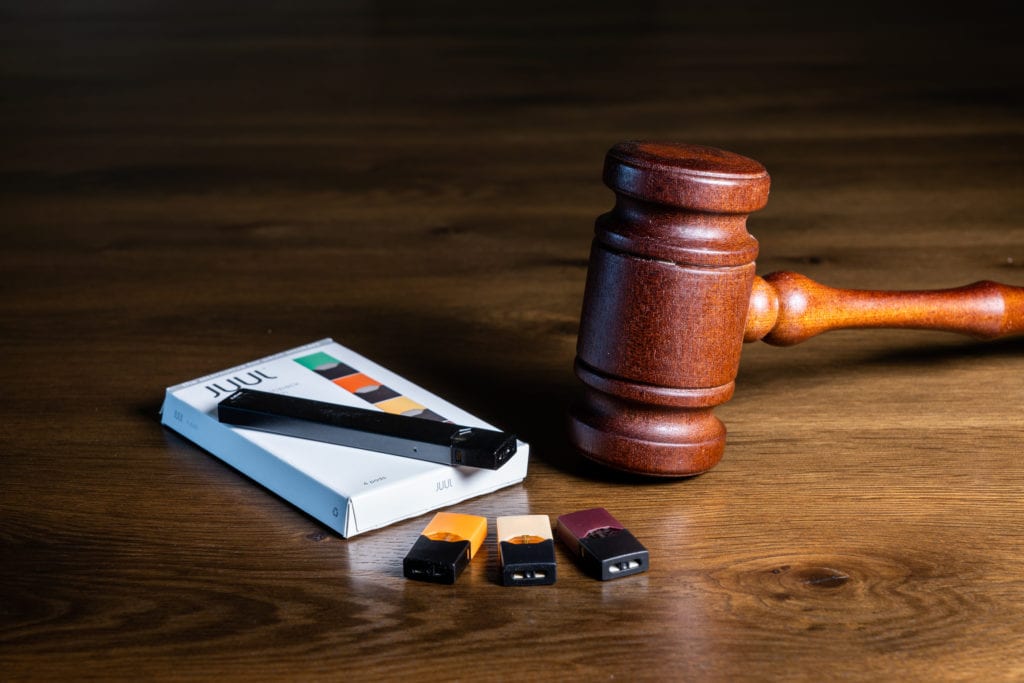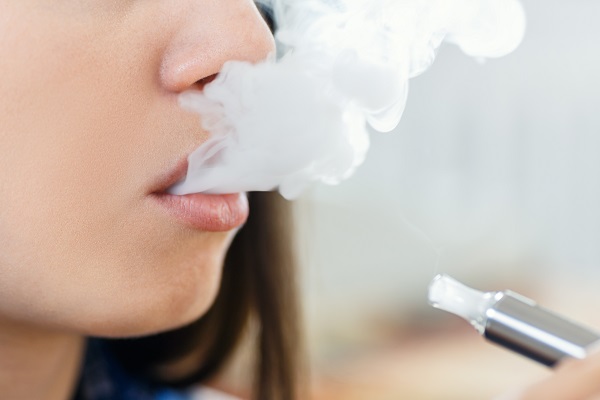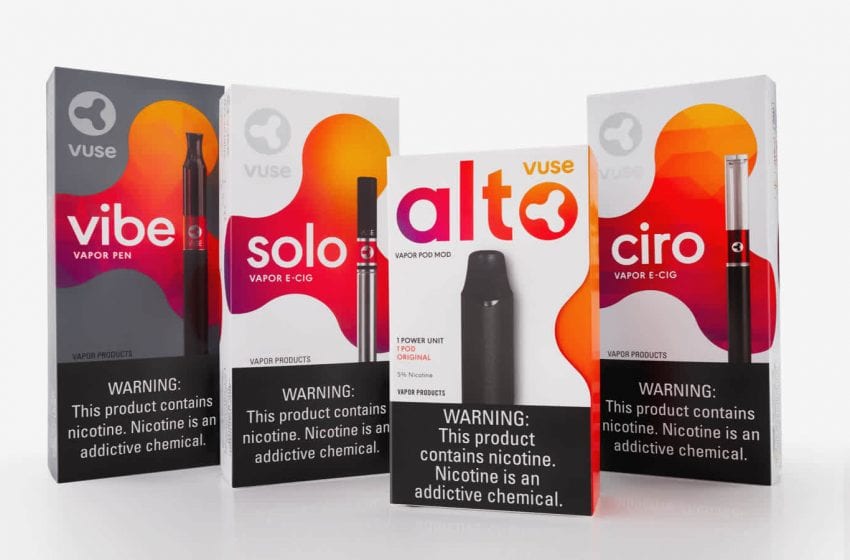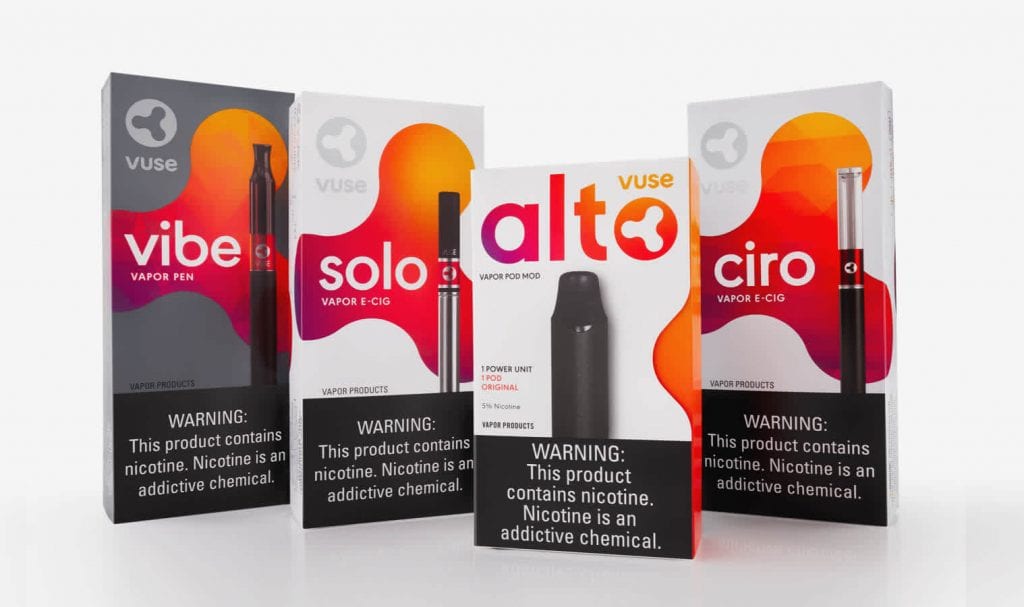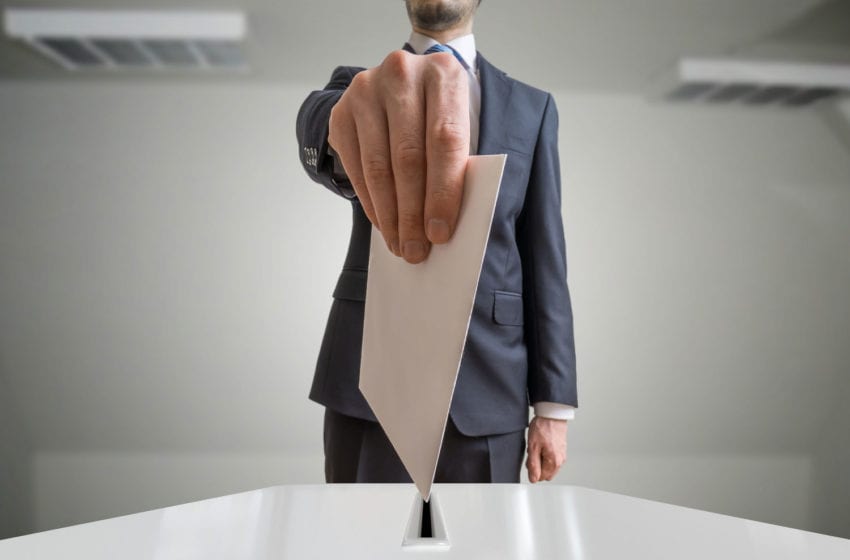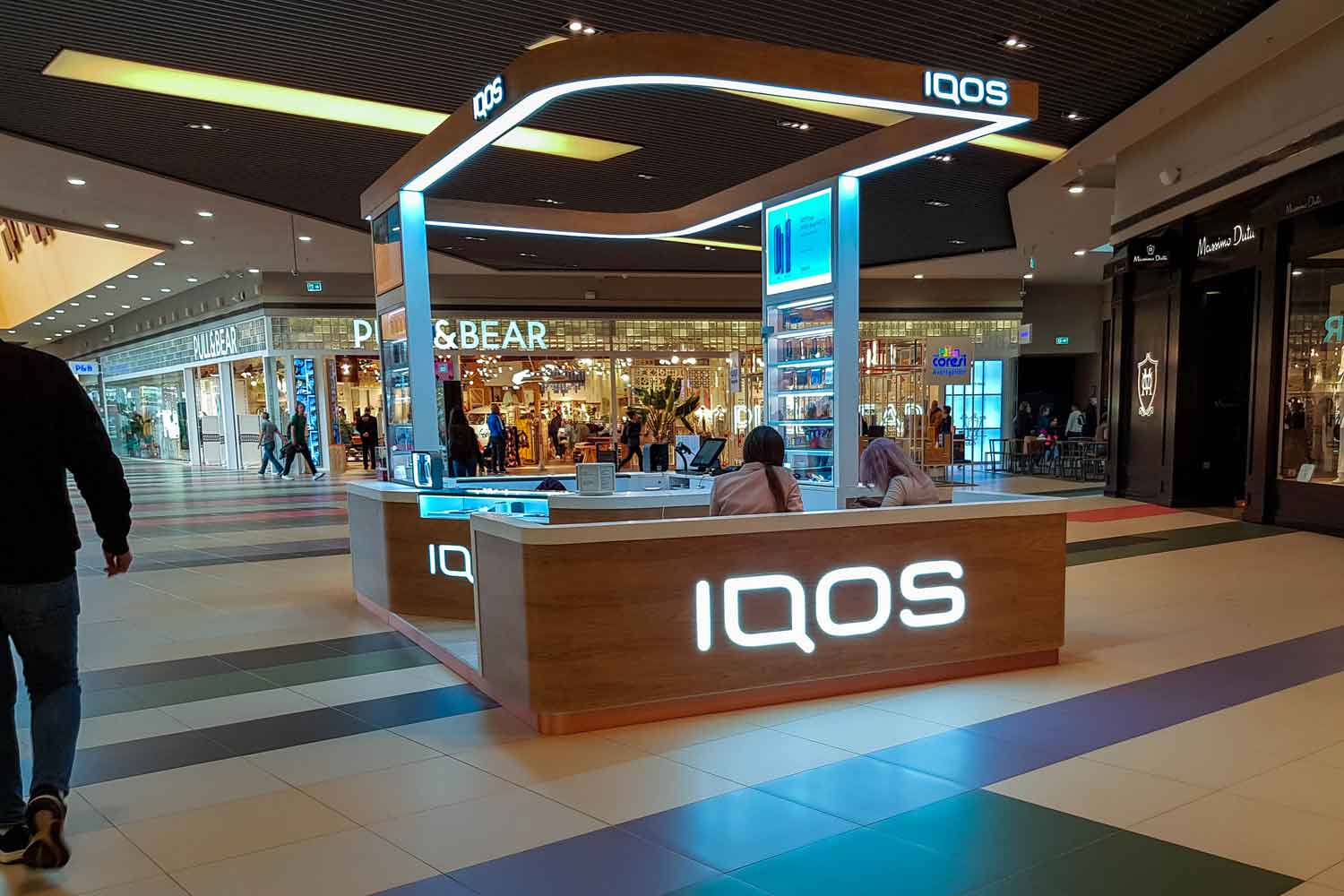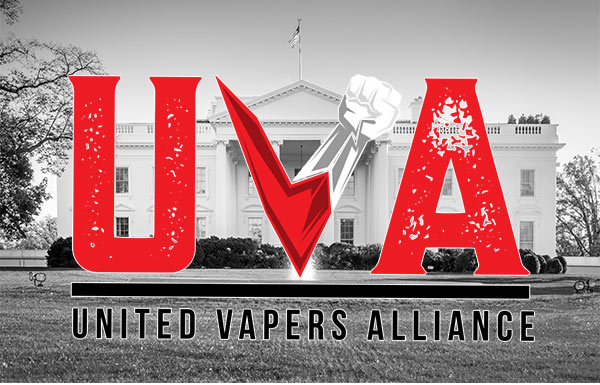Tomorrow’s deadline for the submission of premarket tobacco product applications (PMTAs) to the U.S. Food and Drug Administration (FDA) marks the start of a new era for the e-cigarette industry, according to an article published by The Motley Fool.
Companies who fail to apply for marketing authorization by the deadline will be required to remove their hardware and e-liquids from store shelves, and The Motley Fool expects many e-cigarette companies to exit the business.
Because the cost of complying with the regulations is staggeringly high, many manufacturers will not be able to make it over the hurdle, and the e-cigarette market will be left largely to the tobacco giants.
Although the FDA estimates a single PMTA costs anywhere from $117,000 to $466,000, those figures are considered low by the industry. The Rocky Mountain Smoke-Free Association estimates a single PMTA costs between $8.6 million and $11.1 million per stock keeping units. It forecasts 14,000 small vape businesses employing 166,000 workers will be destroyed, representing $24 billion in economic activity.
Deep-pocketed Philip Morris International, by contrast, already has four separate PMTAs approved: one for its IQOS heated-tobacco device and three for flavors of its disposable HeatSticks.
As of Aug. 31, the FDA had received applications for around 2,000 deemed products, of which around 40 percent have been resolved, according to Mitch Zeller, director of the agency’s Center for Tobacco Products.
Author: Staff Writer

Nicopure Labs has First PMTAs Accepted Quickly by US FDA

Credit: Nicopure Labs The U.S. Food and Drug Administration has accepted Nicopure Labs first round of premarket tobacco product applications (PMTA). The application will now move into the substantive scientific review phase of the process, according to a press release.
“I am extremely proud of all the hard work and dedication from the Nicopure Team that’s been put forth into our first round of applications. Over the next few days we will be filing additional applications and are very optimistic about Halo’s future,” said Jeffrey Stamler, CEO of Nicopure Labs. “Halo e-liquid flavors have been chosen by millions of vapors around the world as the Tobacco and Menthol e-liquids that vapers prefer.”
The regulatory agency took just three day to accept and file the submissions for Tampa-based Nicopure Labs’ Halo Tribeca Tobacco e-liquid, Halo SubZero Menthol e-liquid and Halo Fusion e-liquid.
“Halo’s 10-year history as a prominent brand, specializing in the tobacco-flavored e-liquid space has positioned the brand well for what is likely to come for the vaping industry. With California and New York becoming tobacco flavor-only markets, it is expected that more states will follow suit and Halo will be well-prepared with their award-winning tobacco flavors,” the release states. “Once accepted for filing, the final phase of the PMTA review process will be the FDA’s comprehensive evaluation of the scientific data supplied in the (PMTA) After all information has been fully evaluated and inspected, the FDA will make their final approval decision.”

Chicago Seeks to Ban Only Vapor Flavors, Not Leaf Tobacco

Credit: Lance Anderson The U.S. City of Chicago has its sights set on flavors for vaping products. On Friday, the Chicago City Council Health Committee passed a heavily revised version its tobacco flavor ban. What started out as an attempt to ban the sale of all flavored tobacco product has been stripped down to a ban on only flavored vaping products.
This means that Chicago would allow menthol and mint combustible cigarettes, as well as flavored cigars and pipe tobaccos. The full council is scheduled to discuss the ordinance during its meeting on Wednesday, the first day that all vaping products that haven’t submitted a premarket tobacco product application (PMTA) to the U.S. Food and Drug Administration (FDA) will be removed from shelves.
The ban had a good amount of support in its original form, garnering the support of 21 of the city’s 50 aldermen upon its introduction in June, as well as the support of Mayor Lori Lightfoot, according to a story by Patrick Lagreid on Halfwheel.com. However, it was also met with opposition from members who feared that the ban would drive sales of tobacco products to other municipalities and have an adverse effect on businesses.
The original bill generated a large outcry from retailers who said smokers simply would cross into the suburbs to buy flavored cigarettes and from some aldermen who have long complained that higher prices and stricter restrictions on tobacco sales in Chicago propel a gang-controlled black market in those products.
The city also is dealing with a budget crisis due to the Covid-19 pandemic, it remains to be seen if the full council will support the ban if it means the loss of revenue into city coffers. Some aldermen have called for stricter enforcement of existing sales regulations as opposed to an outright ban.

‘We Vape, We Vote’ Movement Descends on D.C. for Rally

Credit: UVA This weekend’s “We Vape, We Vote” movement descended on D.C. to advocate for continued access to vapor products as an alternative to deadly combustible cigarettes.
Organized by United Vapers Alliance (UVA), advocates protested to show the world that “We Vape, We Vote” is a movement that has the influence to disrupt the upcoming election with millions of potential votes up for grabs. The organizers and attendees vowed to continue to push elected officials to “reject prohibitionist policies that threaten access to life-saving vapor products,” according to a UVA press release.
“If President Trump does not deliver on real reform at FDA, he is not only risking the destruction of an American industry, but he will be also be creating a situation where millions of adult ex-smokers could return to deadly combustible cigarettes,” said Dimitris Agrafiotis, who serves as executive director of the Tennessee Smoke-Free Association. “HHS Secretary Alex Azar has pledged PMTA reform, but he failed to deliver. Now, it is up to President Trump to stop the FDA from destroying 99 percent of the industry and leaving 160,000 Americans unemployed in the middle of the Covid-19 pandemic.”
Over 20 vaping consumer advocates shared life-changing stories during the rally on their journey to vaping and how it has positively impacted their friends and family since switching to a tobacco-free lifestyle. They were also joined by featured speakers and leaders in the industry Dimitris Agrafiotis, executive director of the Tennessee Smoke-Free Association; Amanda Wheeler, president of Rocky Mountain Smoke-Free Alliance; and Gregory Conley, president of American Vaping Association.
Wheeler says the FDA’s PMTA rules are too burdensome for small business owners (Wheeler owns five vape shops across three states. “The costs associated with PMTA will force Jvapes’ five locations in Arizona, Colorado, and Oklahoma to close doors,” she said.

State of Washington Files Suit Against Juul for Teen Marketing

Credit: Insurance Journal Washington state Attorney General Bob Ferguson filed a suit against vapor manufacturer Juul Labs last week, alleging the company designed its products to appeal to underage consumers, and was deceptive in the addictiveness of its product.
Ferguson alleges that by “pushing unfair and deceptive marketing strategies appealing to youth,” Juul’s e-cigarettes fueled a “staggering rise in vaping among teens,” according to a story on komonews.com.
“Upon the launch of the device, the company flooded social media with colorful ads of young-looking models and pushed fruit and dessert flavored products,” Ferguson wrote in the filing. “At the same time, Juul vehemently denied it marketed to underage users — echoing unlawful strategies used by major cigarette corporations in decades past.”
Ferguson also claimed Juul mislead consumers by avoiding mentioning that their cigarette pods contained nicotine in their initial marketing, only complying in 2018 when the federal government required disclosure. His office quotes a survey from 2018 indicating 63 percent of Juul users from between 15-24 years old didn’t know their products contained nicotine.
In addition, the state alleges Juul failed to meet the state’s vapor product licensing requirements meaning every sale of a Juul device from August 2016 through 2018 is considered illegal.
Ferguson didn’t say what specific damages he was seeking.

Philippine Bill Aims to Regulate Next-Generation Products
The trade and industry committee of the Philippine House of Representatives has
approved a bill that aims to regulate the manufacture, sale and distribution of electronic
nicotine-delivery systems (ENDS) and electronic nonnicotine-delivery systems (ENNDS).Panel chairman Wes Gatchalian said the approval would pave the way for the regulation
of the reported rampant proliferation of ENDS, ENNDS and heated-tobacco products
that have been sold even to minors. “We would like to emphasize that this bill will serve
to regulate, and not ban, the sale of these products,” he said, noting that lawfully
registered vape shops have suffered unfair competition from an estimated 800
unregistered stores.Under the proposed legislation, ENDS and ENNDS would be regulated by the Department of Trade and Industry. The bill sets a minimum purchase age of 18 and restricts flavors. It also mandates child-resistant and tamper-resistant e-liquid receptacles. The sale or distribution of ENDS/ENNDS and heated-tobacco products would be prohibited within 100 meters from schools and other locations
frequented by minors.
Reynolds American Files Final 6 PMTAs for Vuse Products

Reynolds American, a subsidiary of BAT, filed its final round of premarket tobacco product application (PMTA) submissions with the U.S. Food and Drug Administration (FDA) on Friday.
The move will allow its Vuse and Velo brands to remain on the market in the United States for at least one year while the applications are reviewed. The process allows the FDA to evaluate whether the products should remain on the market as part of the FDA’s public health mission.
The filing concludes an 11-month process for Reynolds which has the industry’s broadest portfolio of alternative nicotine products, according to a press release. Reynolds has filed six applications for its Vuse Solo, Vuse Ciro and Vuse Vibe vapor products, as well as for its Velo nicotine lozenge and modern oral pouch products. The Vuse Alto-branded device PMTA includes 12 cartridges in various flavors and nicotine strengths in menthol, two tobacco-flavored products and mixed berry.
Across the six applications, over 530,000 pages of scientific data and more than 8,600 scientific documents have been submitted as part of the filings.
“The U.S. is the world’s largest vaping market and so the completion of our PMTA filings is a really important step for us as we transform our organisation, drive a step change in our New Categories business, and increase our non-combustible consumer base and revenues. Our transformation is progressing very well and in the first six months of 2020 we attracted an additional 2.7million new non-combustible consumers compared to the same time last year,” Kingsley Wheaton, chief marketing officer for BAT said. “Globally, we now have nearly 12 million regular non-combustible consumers and the U.S. will play a large part of our ambition to grow this number to at least 50 million by 2030.”

Activists Want Say on California’s Flavor Ban

Photo: Vchalup | Dreamstime.com Opponents of California’s recently enacted ban on the sale of flavored tobacco and vapor products are working to get a referendum on the measure, reports The Los Angeles Times.
If the referendum qualifies with the collection of 623,212 signatures, the sales ban would be placed on hold until voters are given a chance to vote on the issue, possibly in 2022.
The referendum is being pursued by a new political group called the California Coalition for Fairness
“We agree that youth should never have access to any tobacco products, but this can be achieved without imposing a total prohibition on products that millions of adults choose to use,” the group wrote in a statement. “This law goes too far and is unfair, particularly since lawmakers have exempted hookah, expensive cigars and flavored pipe tobacco from the prohibition.”
State Senator Jerry Hill, the author of the bill, denounced the plan to seek a referendum.
“California fought Big Tobacco and won,” Hill was quoted as saying. “This shameless industry is a sore loser and it is relentless. It wants to keep killing people with its candy-, fruit-, mint- and menthol-flavored poison. The adults who are hooked on nicotine aren’t enough for Big Tobacco; it wants our kids too.”
The bill was signed into law by California Governor Gavin Newsom on Aug. 28. The legislation prohibits the sale of tobacco and vapor flavors, including menthol, in the state beginning Jan 1, 2021. The legislation does not make it illegal for someone to purchase, possess or use flavored tobacco or vapor products.

Philip Morris International Opens IQOS Stores in Manila

Photo: Alpar Benedek | Dreamstime.com Philip Morris Fortune Tobacco Co. (PMFTC) is opening its first four IQOS stores in Manila, reports The Manilla Standard.
While the heat-not-burn product has been available in the Philippines through several retail outlets since April, the opening of the stores marks a significant step towards achieving the company’s vision of a smoke-free future, according to PMFTC President Denis Gorkun.
“PMFTC’s vision is to help adult smokers who would otherwise continue to smoke to move away from cigarettes as quickly as possible and switch to a better alternative,” Gorkun said.
PMFTC parent company Philip Morris International has invested more than $7 billion in research, development and production capabilities to create smoke-free products such as IQOS, which are now available in several countries.
In July, the U.S. Food and Drugs Administration (FDA) authorized the marketing of IQOS and heat sticks in the U.S. with a reduced exposure claim adding that such issuance is appropriate for the promotion of public health.
Gorkun said the FDA decision shows that IQOS is a fundamentally different tobacco product compared to cigarettes and a better choice for adults who would otherwise continue smoking.
About 60 percent of Filipino adult smokers are willing to try smoke-free alternatives provided they are made commercially available and meet quality production standards, according to a study commissioned by PMFTC.
PMFTC said IQOS is aimed at adult smokers. The company is implementing age verification and access restriction to ensure that only legal age consumers 21 years old and above will have access to the stores, the e-commerce website and the IQOS products.

UVA’s 2nd Annual ‘Save the Vape’ Rally on Sept. 5

On September 5, 2020, the United Vapers Alliance (UVA) will host its second annual Save the Vape rally to bring awareness to the threats posed by the looming premarket tobacco product application (PMTA) deadline.
A press note from the UVA says the U.S. Food & Drug Administration (FDA) is pushing regulation that has led to the closure of many small business across the country. For the rally, vaping advocates will descend on the SW Quadrant of the Ellipse to demand continued access to smoke-free alternatives to combustible cigarettes, according to the release.
“The 2020 Save the Vape Rally will focus on the upcoming PMTA deadline and what it means for vapers, small businesses, and America’s 36 million adult smokers. The rally will have over 20 speakers that will tell their stories of how vaping has impacted their lives,” the release states. “Rallygoers are determined to make the public aware that vaping can be a lifesaving alternative for adult smokers and that is at least 95 percent less harmful than combustible cigarettes.”
This year’s featured speakers include vaping advocates Dimitiris Agrafiotis, executive director of the Tennessee Smoke-Free Association; Amanda Wheeler, president of Rocky Mountain Smoke-Free Alliance; and Gregory Conley, president of American Vaping Association.

